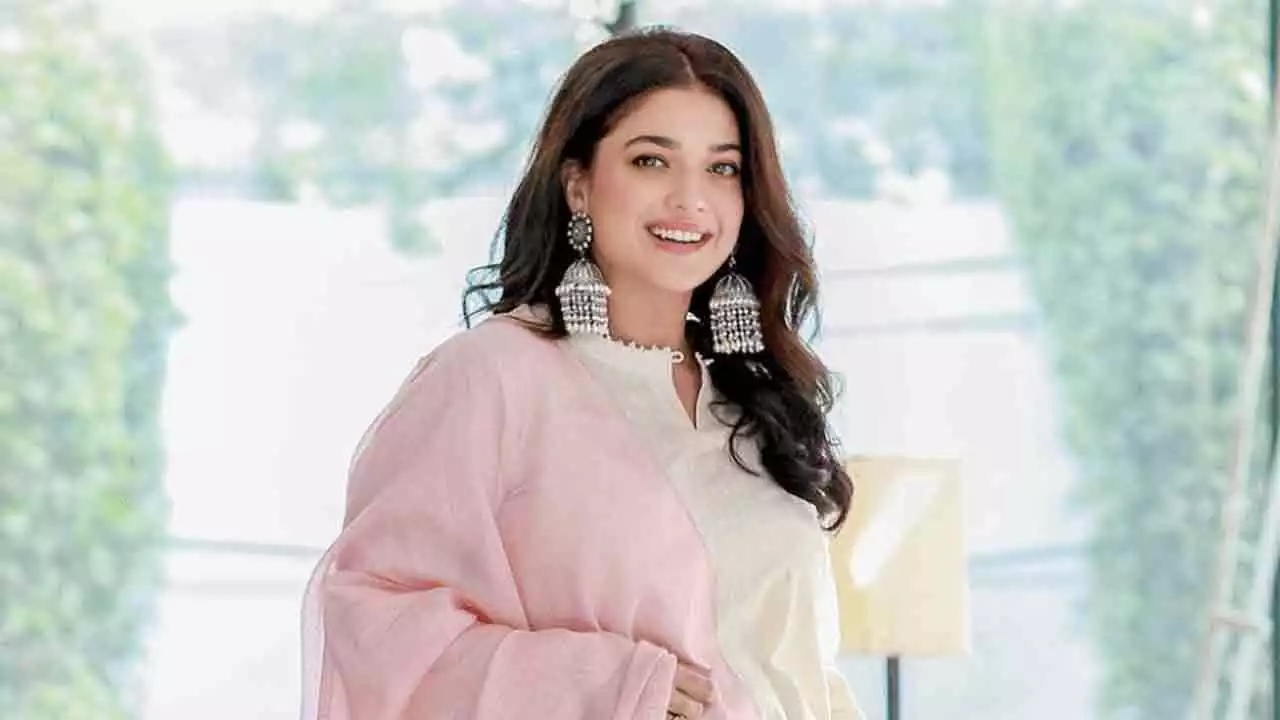Recently, actress Tuba Aamir made a guest appearance on the popular show “Mazaaq Raat” on Dunya News, where she openly shared her thoughts on various topics. During the program, Aamir expressed her experiences of wearing masks or face coverings when leaving her home, highlighting the unique way people still recognize her.
Aamir shared an interesting encounter where someone told her that by merely looking into her eyes, one cannot lie. The person emphasized that her eyes are so deep that it feels like she can read the emotions and thoughts of the person in front of her. This insightful comment hinted at the profound impact her gaze has on others, suggesting an ability to connect with people on a deeper level.
The actress further elaborated on societal perceptions, recounting an incident where a person commented that any eye contact with her is genuine because her eyes are captivating. This incident led to a discussion about the unspoken communication that can occur through eye contact and the assumption that she might understand the emotions and sentiments of the other person.
Tuba Aamir also touched upon the topic of women’s recognition and compliments. She shared her perspective, stating that women often do not remember or express compliments directed towards them. Moreover, she highlighted that women, in general, refrain from complimenting other women, especially on their physical appearance. Aamir suggested that this restraint might be attributed to societal norms that discourage women from openly praising another woman’s beauty.
The actress emphasized the societal dichotomy in complimenting men and women. When a woman compliments another woman’s beauty, it is often downplayed or treated with reservation. On the other hand, when men compliment women, the description and expression are different, sometimes objectifying.
Tuba Aamir’s candid insights shed light on the complex dynamics of beauty standards and societal expectations, especially concerning how women perceive and articulate compliments. Her observations bring attention to the nuances in the ways men and women appreciate each other, encouraging a broader conversation about gender roles and societal norms.



